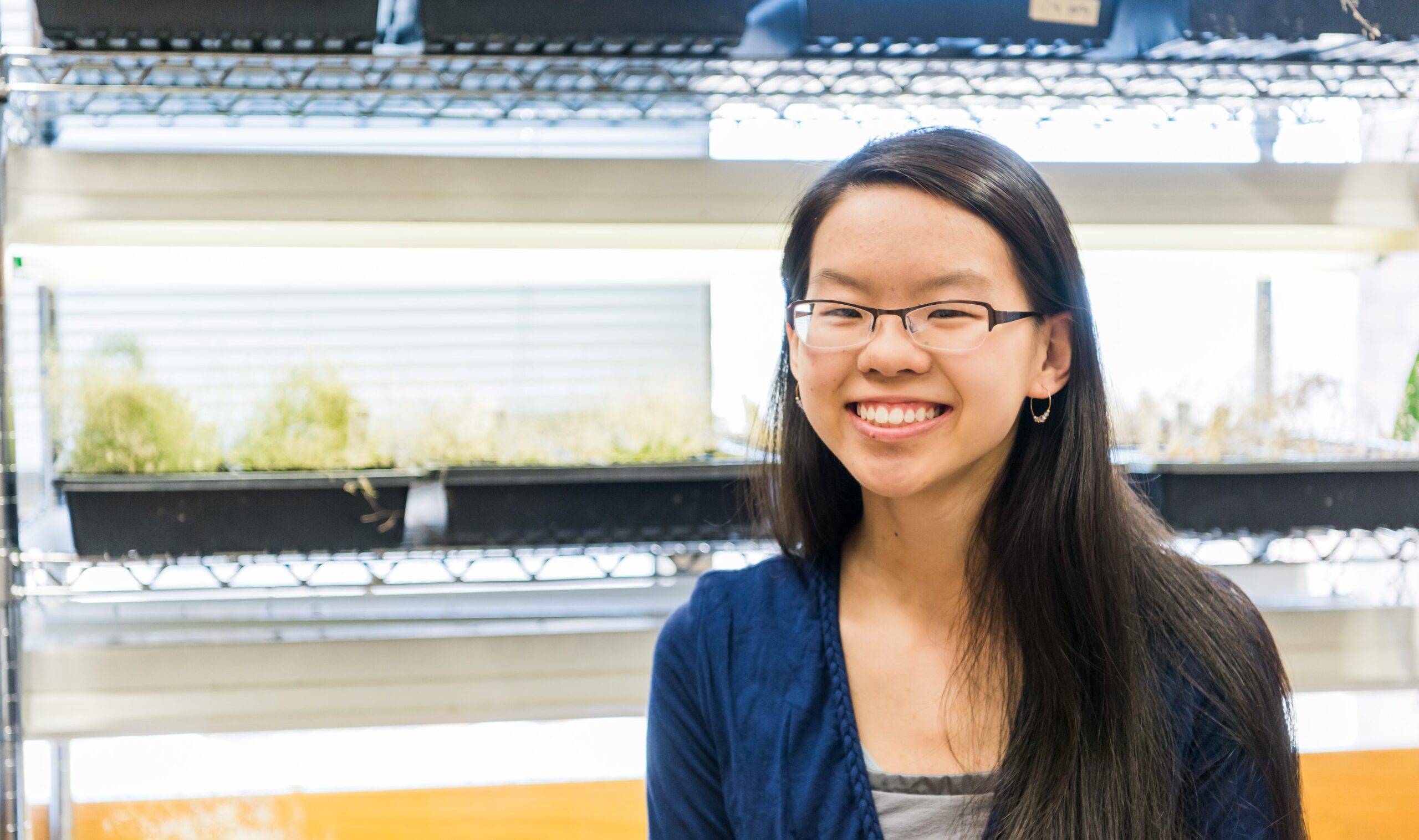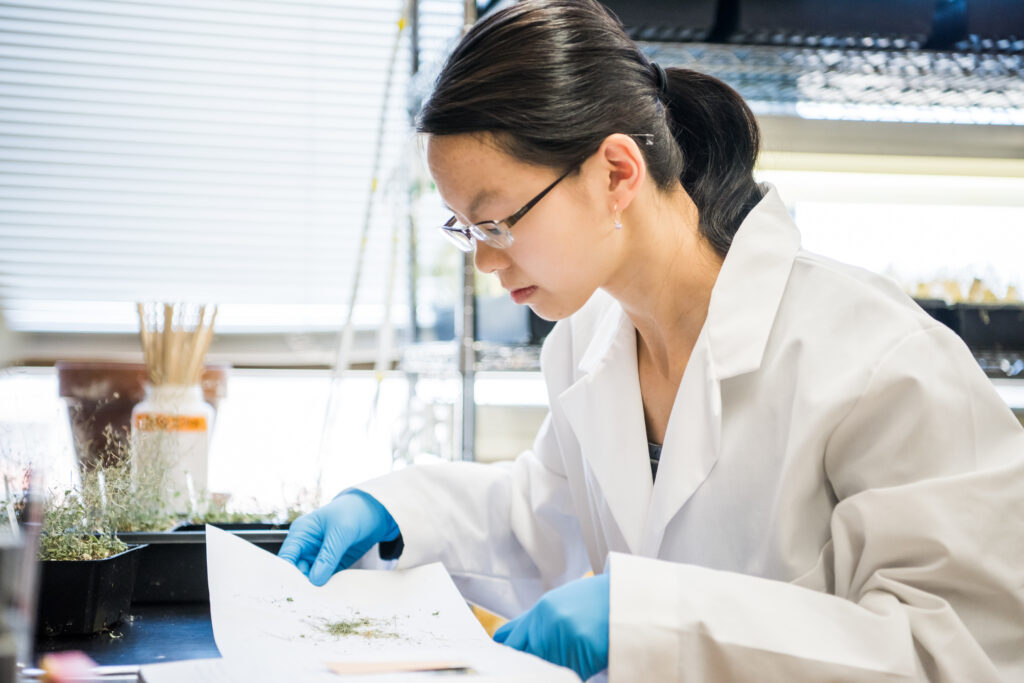UMBC is celebrating the Rhodes Trust’s recognition of Linda Wiratan ’19, biochemistry and molecular biology, as a Rhodes Scholar finalist. This honor comes just one year after Naomi Mburu ’18, chemical engineering, became UMBC’s first-ever Rhodes Scholar. The Rhodes Trust announced the winners on Saturday, November 17, after an intensive application and interview process. Wiratan was one of fourteen finalists in the Washington, DC district, which draws students from Maryland, Delaware, and Washington.
The Rhodes Scholarship is unique, because it selects students “not only for their outstanding scholarly achievements, but for their character, commitment to others and to the common good, and for their potential for leadership in whatever domains their careers may lead.”
Wiratan, who is also a Goldwater Scholar and a member of the UMBC Honors College, exemplifies these values in her roles as a researcher, student leader, and socially-conscious entrepreneur who blends science and the arts.
Research and outreach
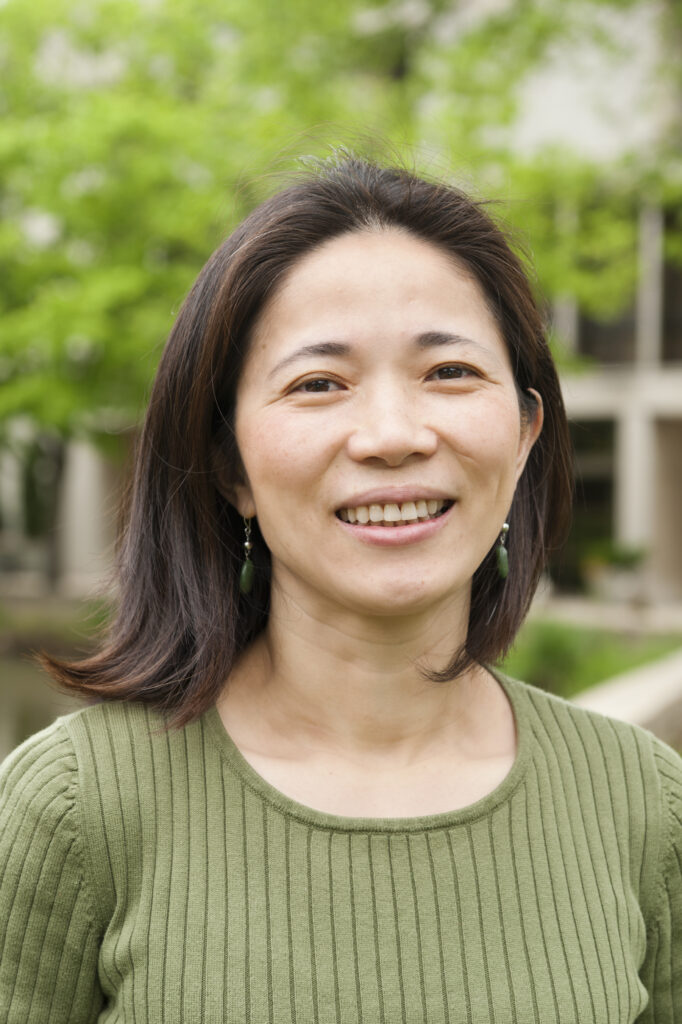
Wiratan began her research career as a high school student in Marcin Ptaszek’s organic chemistry lab, working closely with graduate student Nopondo Esemoto ‘12, biochemistry and molecular biology, and postdoc Joshua Akhigbe, whom she counts among her most ardent supporters and mentors.
She has spent the last two years conducting research on plant immunity with Hua Lu and postdocs Chong Zhang and Min Gao, funded by two Undergraduate Research Awards. This summer she worked with molecular and cellular biology professor Craig Hunter and postdoc Andrey Shubin at Harvard University on a mammalian cell biology project. Wiratan, who also has a creative writing minor, has also written about her research for The Conversation, and been an author on four academic journal articles.
Wiratan holds a firm belief that society benefits when the general public has an opportunity to better understand science. As a first-year student, she joined UMBC’s chapter of the American Chemical Society, a group with a mission to promote chemistry education and the public appreciation of chemistry. The chapter organizes outreach events with elementary and middle school students in the local community. As a senior, Wiratan now serves as its president.
Through her business, City of Cells, Wiratan also blends science, the arts, and a public education mission to share her love of science with others. She produces animations to explain scientific concepts and sews toys designed to look like cells—when unzipped, the organelles come spilling out.
Unshakeable resolution
Though still early in her scientific training and career, Wiratan has already made significant contributions to her community and to society through her scientific and creative work, and the challenges she has tackled along the way reveal her tremendous dedication, determination, and persistence. Wiratan began a struggle with severe depression as a young adult, prior to entering UMBC. Once at the university, she was focused on completing her degree, and she expected to travel an anonymous path toward that goal, but that changed when she connected with the Honors College.
Simon Stacey, director of the Honors College, reached out to Wiratan during her first year, after hearing about her from an Honors College advisor. He encouraged her to stay in touch.
“If I had not had that conversation in the first semester of freshman year, I would not be where I am today,” reflects Wiratan, who names Stacey among her strongest supporters and mentors.
Wiratan has continued to face challenges throughout her time at UMBC, any one of which could have derailed her dreams of becoming a scientist. Throughout college, she has faced depression, social anxiety, and the increasing risk of breast cancer. Abruptly during her third year, she had to begin independently supporting herself, which came with pressure to balance spending on food, housing, education, and medical needs. And through all of these life-changing events and more, she has persevered.
“My overwhelming impression of Linda is of unstoppable, unshakeable resolution,” says Stacey. “She was just never going to give up.”
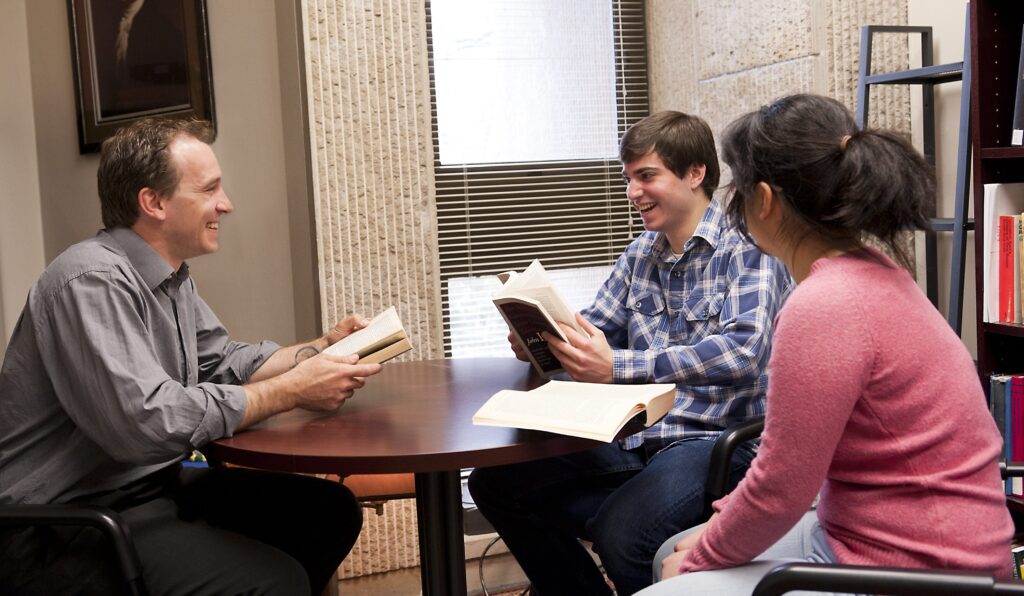
Wiratan created a comprehensive budget. She found new ways to manage her practical and personal needs. And through it all, Stacey says, “she kept going to class, kept submitting work, kept doing her research, and kept applying for and taking advantage of opportunities.”
Shifting science culture
As she progresses through her emerging career in science, Wiratan also wants to bring broader awareness to the intersection of mental illness and academia, to decrease stigma and increase support for people experiencing depression, anxiety, and other challenges. As a start, she created a group on the Goldwater Scholars online forum to discuss these issues, and she intends to make this one focus of her work moving forward.
“Mental illness is something society needs to address at the graduate school level, because graduate students are six times more likely to have depression or anxiety than the general public,” Wiratan notes. “I think that’s a big issue.”
She’d also like to increase an appreciation of scientists as whole people. “For people who have interests in fields other than science, such as art,” she says, “I would like science mentors not to see that as a disadvantage or a weakness or a sign of not being committed to your field.” Rather, she hopes scientists can value each other for all their contributions to the world, scientific and otherwise, and be encouraged to incorporate those other skills into their research when appropriate.
Wiratan is a self-identified introvert who was once hesitant to lead, but that’s changing. In a world where extroverts are often identified for leadership roles, “I think as an introvert I could inspire other people who might feel disadvantaged because they have a quiet temperament, or maybe they just don’t know how to walk into a room full of strangers and start a conversation.”
Rather than a boisterous personality, it’s her core values and grit that set Wiratan apart. “She is a thoroughly decent and humane person—kind, generous, deeply humble,” says Stacey. “She has a capacity for authentic sympathy that I can only imagine has been reinforced by her own experiences, and a quiet and self-reflective wisdom.”
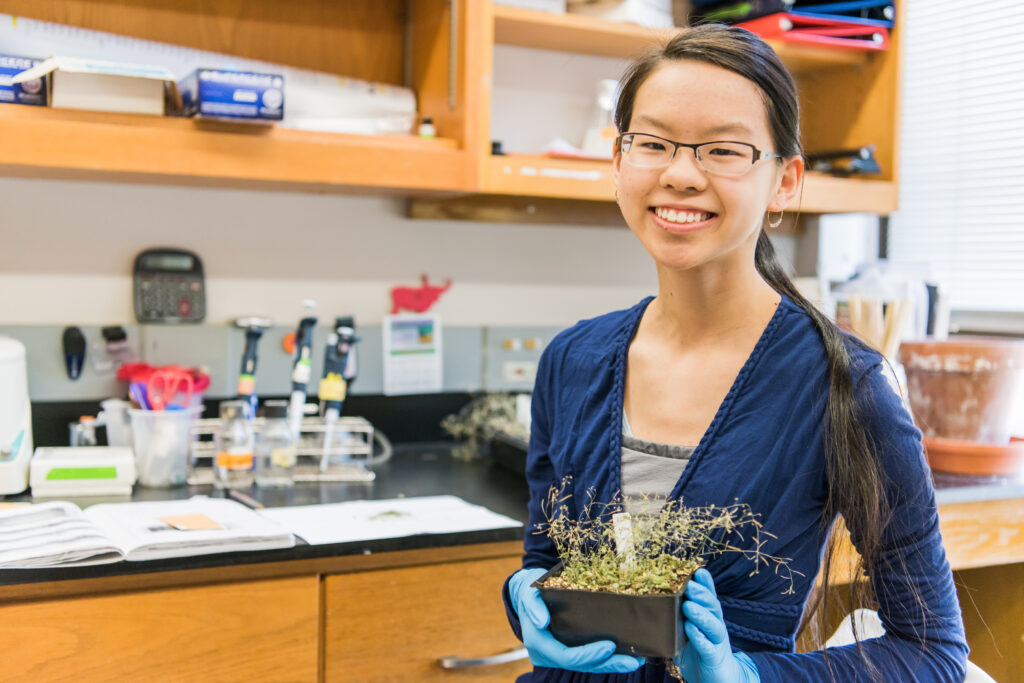
A bright future
Wiratan’s experience as a Goldwater Scholar and the support of her mentors throughout her UMBC career have boosted her confidence. “It confirmed to me that I’m headed in the right direction with the choices I make,” she says. “I’ve taken a lot of risks as an undergraduate that I would never have taken if my mentors hadn’t told me to just try—the worst that happens is you fail and then you move on.”
“Being a Rhodes finalist tells me that I can combine all of these things—my passion for cell biology research, my interest in educating the public, and also my promotion of mental illness discussion within academia—and have a really unique, rewarding career,” Wiratan says.
“I could not more firmly believe that Linda is destined for great things,” Stacey says. “There’s clearly a stellar academic future for her, and she will be a wonderful teacher and mentor. I am also certain she will make a real contribution to helping the public understand the value of science and scientists.”
Wiratan is excited for what lies ahead. “My mentors have become like a family to me,” she says. “I didn’t always think I could make it this far, but I did.”
Banner images: Linda Wiratan in Hua Lu’s lab, where she works with Arabidopsis thaliana, a common model species used in plant research. All photos by Marlayna Demond ’11 for UMBC.
Tags: Biology, ChemBiochem, CNMS, HonorsCollege, Undergraduate Research

